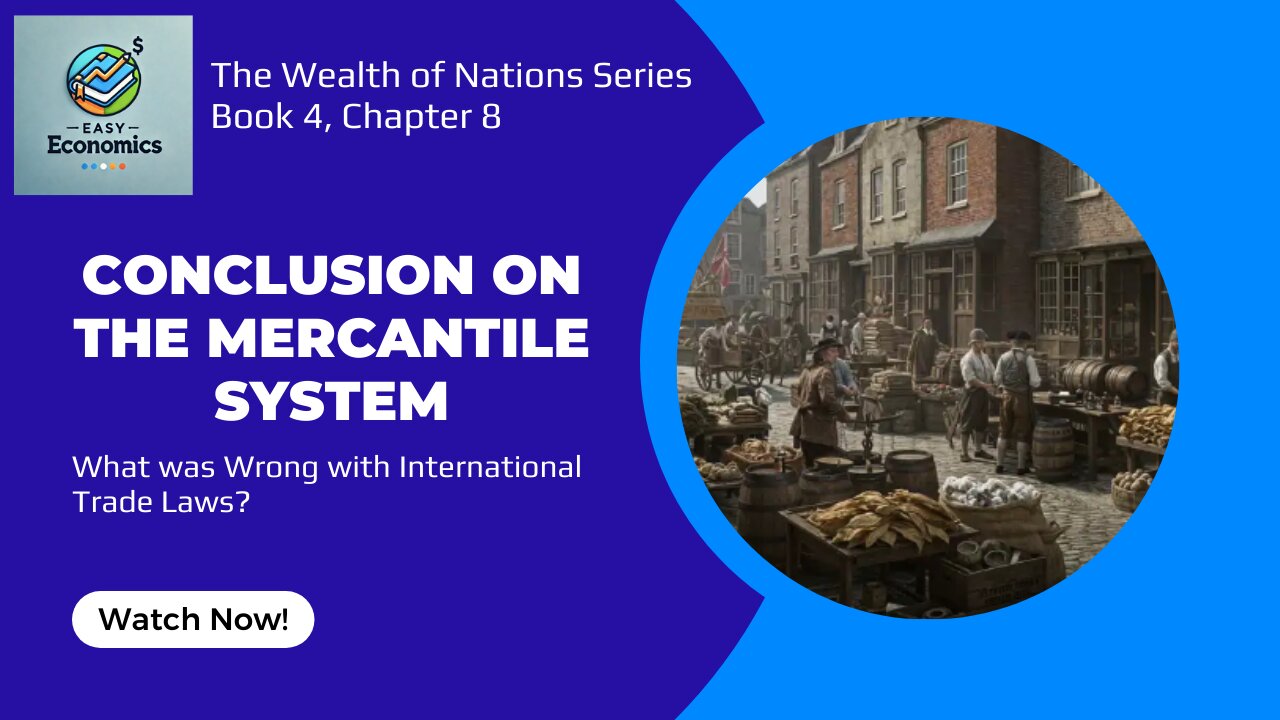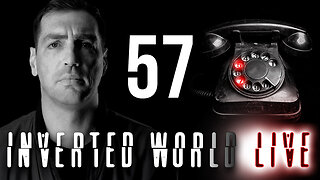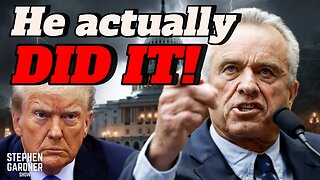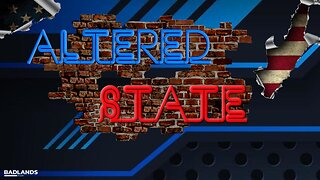Premium Only Content

The Wealth of Nations Book 4 Chapter 8 - The Mercantile System's Hidden Flaws
Get the original book: https://amzn.to/3W5xeku
The mercantile system was designed to make nations wealthy by promoting exports and restricting imports, but in practice, it often had the opposite effect. Britain, for example, imposed severe restrictions on wool exports, benefiting manufacturers at the expense of farmers. Harsh penalties, including exile and even execution, were enacted to prevent smuggling, yet illegal trade flourished. The system also banned the export of critical resources like metals and manufacturing tools to limit foreign competition. Skilled workers were even prohibited from leaving the country to prevent industrial knowledge from spreading abroad.
The system ultimately prioritized producers over consumers, forcing people to buy more expensive goods while manufacturers reaped the benefits. Britain’s colonial policies further reinforced this by treating colonies as captive markets. The result was higher costs for ordinary citizens, rising national debt, and widespread inefficiencies. This video examines the flaws of the mercantile system and how it shaped global trade.
Questions Answered in the Video:
What was the main goal of the mercantile system?
How did Britain restrict trade to protect its industries?
Why were wool exports banned, and what were the consequences?
How did trade restrictions lead to smuggling?
What role did colonies play in the mercantile system?
Why were skilled workers prevented from leaving Britain?
How did the mercantile system impact consumers?
Did the system actually make Britain wealthier?
How did trade policies contribute to Britain’s national debt?
What lessons can be learned from the failures of the mercantile system?
00:00 - Introduction to The Conclusion of the Mercantile System.
00:13 - Aims of the Mercantile System
00:47 - Britain’s Policies
01:22- Restrictions on Wool Exports
01:58 - Contradictions and Consequences
02:39 - Penalties for Wool Export
03:00 - Regulations on Domestic Wool Trade
03:23 - Justification and Reality of Wool Industry
03:45 - Impact on Wool and Meat Prices
04:06 - Taxing Wool Exports
04:34 - Other Export Restrictions
04:58 - Impact of Laws
05:11 - Historical Laws on Metal Exports
05:39 - Dyes and Gum Senega
06:12 - Beaver Skins and Coal
06:32 - Restrictions on Manufacturing Tools and Skilled Workers
07:01 - Prioritizing Producers
07:28 - Colonial System
07:53 - Beneficiaries of the System
08:18 - Conclusion
#Mercantilism #TradeHistory #EconomicPolicy
-
 2:23:18
2:23:18
Inverted World Live
6 hours agoAlien Caskets in Antarctica | Ep. 57
39.1K9 -
 2:32:50
2:32:50
TimcastIRL
7 hours agoTrump To Deploy ICE Tactical Units Across US As LA Riots WORSEN, HUNDREDS Arrested | Timcast IRL
130K100 -
 7:14:47
7:14:47
ZerrickGaming
9 hours agoPlaying Tainted Grail! Lets Explore this cursed land!
48.7K1 -
 3:04:30
3:04:30
I_Came_With_Fire_Podcast
17 hours agoRIOT SEASON IS BACK! | CCP Smuggler 2.0 | Texas Going Blue? | China Trade Talk
41.3K2 -
 1:00:41
1:00:41
Omar Elattar
8 hours ago“I Was Homeless On NYC Streets!” - Tequila CEO Shares Her Multi-Million Dollar Story
82.6K4 -
 1:51:20
1:51:20
The Pascal Show
5 hours ago $3.82 earnedRIOTS NATIONWIDE?! Anti-ICE Protests Throughout The Country! LA, NYC & More Absolute Chaos!
52.2K3 -
 27:54
27:54
Stephen Gardner
10 hours ago🔥RFK Jr. makes SHOCKING ANNOUNCEMENT!
87.4K48 -
 1:31:42
1:31:42
Badlands Media
1 day agoAltered State S3 Ep. 32: Project Cyberspace, Deep State Games & the War for Perception
89.4K2 -
 LIVE
LIVE
svgames
6 hours ago🟢LIVE - SOUTH OF MIDNIGHT
200 watching -
 11:02
11:02
ARFCOM News
13 hours ago $2.17 earnedATF Goes After Pin & Weld Barrels | The FBI Caught Some Actual Nazis | Cop Shoots Tiny Puppy
27.6K12